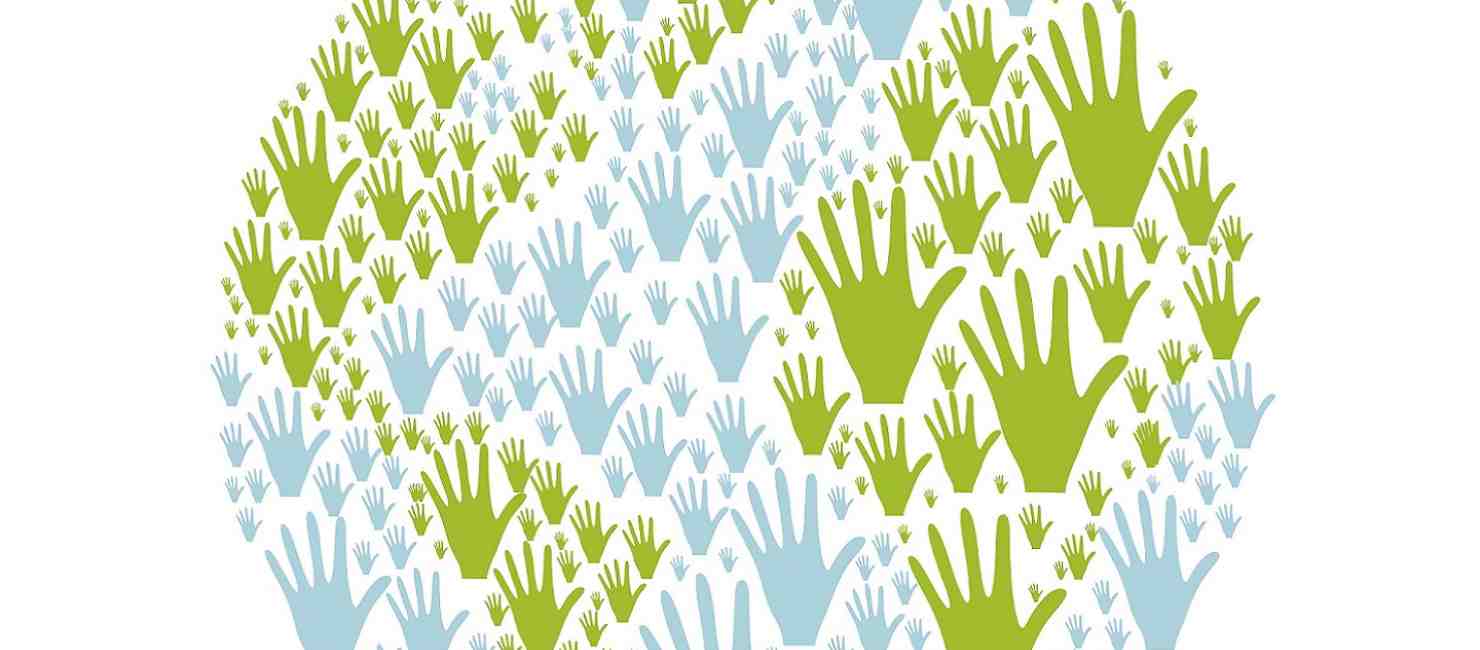Can being sexually abused determine sexual orientation?
Dear Stop It Now!,
I feel I am more comfortable in a relationship with a woman (after years of abuse and straight relationships, I find that I can really connect with a same-sex partner). Can severe abuse (or abuse of any sort for that matter) lead to a sexual aversion to the "offending" gender? I'd like to know if my feelings are natural, in-born, or could have been induced through trauma. Thank you for your advice.

Dear Brave Survivor,
The research that looks into your question of the impact child sexual abuse has on sexual orientation is limited. However, overall research does indicate that sexual orientation is primarily understood to be biologically based. This means that while trauma, such as child sexual abuse, can absolutely influence any one’s overall capacity for intimacy, relationships and attractions, it most likely does not determine sexual orientation.
Even when there is a correlation found between child sexual abuse and the survivor’s sexual orientation, other questions influence the ability to make any conclusive statements. For example, we do know that children who are perceived as gay, lesbian, bisexual or transgendered are more at risk for being sexually abused so when you study how many women who identify as a lesbian have been sexually abused, the numbers may be higher than the general public.
I also searched through several online forums, thinking about your question. I didn’t want our response to just be a reassuring one, without it feeling based in some real life examples. I was pleased however to find that almost exclusively, people asking similar questions as your question are hearing that the most important thing is that you are comfortable with who you are now and that you feel loved and supported. Many reference sexual orientation as biologically determined, and feel that sexual abuse should not be "blamed" for sexual orientation.
Take a look at this article:
The problem with the belief that child sexual assault causes homosexuality/bisexuality. I appreciate the perspective outlined here and I think it’s fairly well informed. I want to highlight that what is really important is that you feel that you are being true to yourself.
You didn’t note whether you’ve ever had to the opportunity to get professional support around the abuse, but I really want to recommend this. There are counselors who are very skilled and understand the many questions and feelings that come up around child sexual abuse for adult survivors. Our resource guide list can help you locate these professional resources: Adult Survivor Resources and Support.
I’m so sorry that you were sexually abused, and I think it is important for you to be able to trust your feelings and address any doubts you have. I hope this information is helpful.
Take care,
Stop It Now!
Feedback:
Please share your feedback on this question
Last edited on: June 9th, 2021

